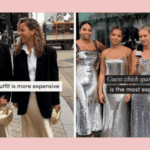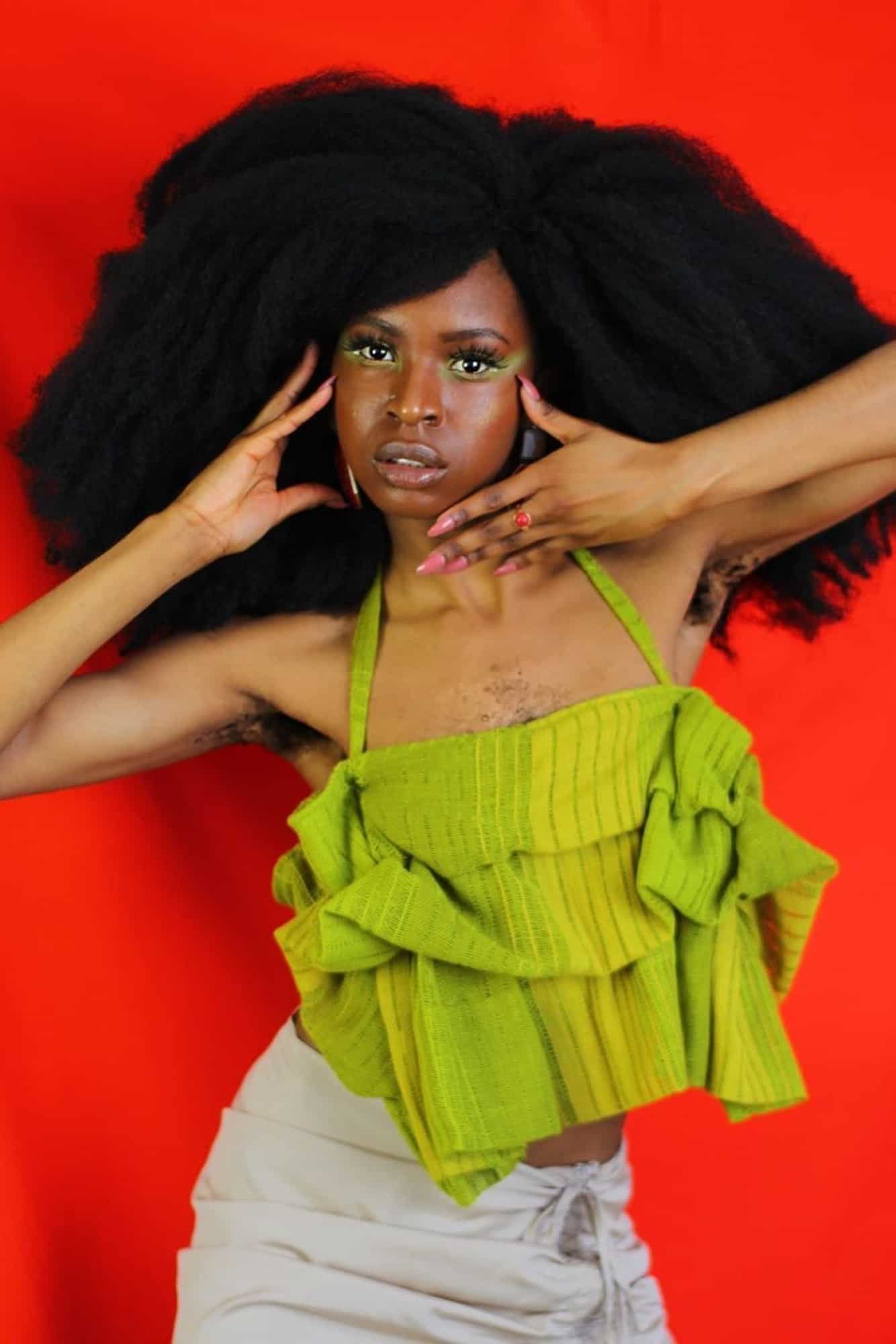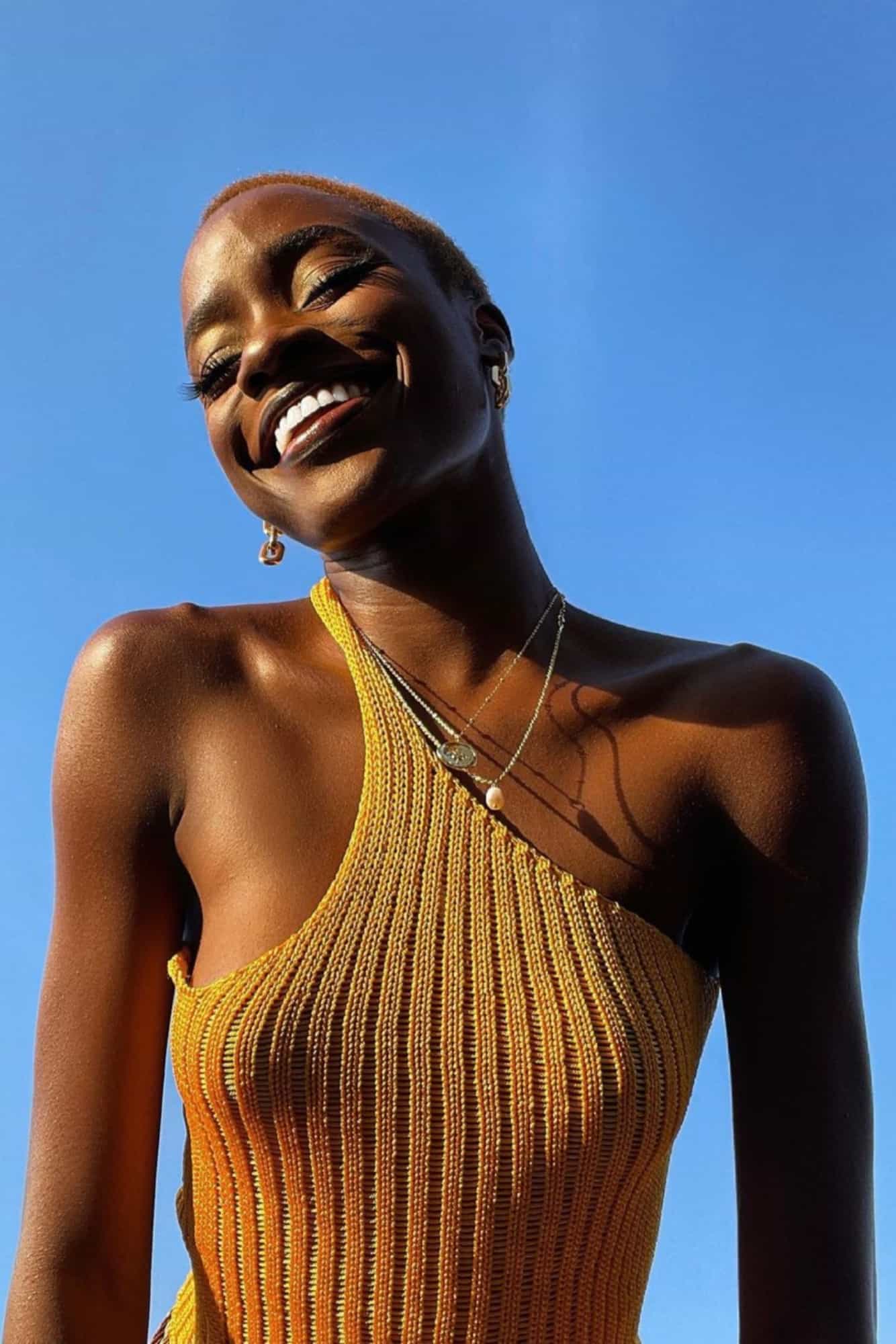“I only recommend products and work with brands I really love”, is a common trope from influencers as they share their latest beauty routines or wardrobe staples through paid partnerships and original content.
However a growing movement is filling our feeds as influencers are no longer just shilling products, discount codes and giveaways, they’re actively discouraging their followers from purchasing items they don’t need, don’t rate or they have bought and since regretted.
Take Manhattan-based Tenicka Boyd; for every video she posts detailing the luxury items she doesn’t regret buying there’s another as part of an ongoing series she calls “Things I regret buying” where she’ll dedicate an entire video explaining why a Saint Laurent tote, Chanel sliders or Bottega Veneta boots aren’t worth the price tag.
@tenickab I might sale this one because I never wear it. #thingsiregretbuying #fashiontiktok
Her reasons range from disappointing quality to lack of wearability among her existing wardrobe pieces. As she buys most of her pieces herself, she has become a voice of credibility among the FashionTok crowd and a trusted source if you’re in the market to shop your first, or new, designer purchase.
Skincare enthusiast James Welsh also runs a popular YouTube series titled Beauty Launches To Not Waste Your Money On, with the disclaimer he hasn’t actually tried the product mentioned.
Instead he looks at the ingredients list, product claims and evaluates how a new launch fits with the rest of the brand in his signature matter-of-fact, blunt tone his followers love him for.
Lifestyle vlogger and podcast host Jenny Mustard posts seasonal videos titled “the ANTI HAUL 6 things you shouldn’t buy this spring” categorised into short-lived trends, items she already owns or don’t work for her personally.
You may also like
Her community clearly engages with this style of anti-materialistic content, a recent comment on her YouTube video read: “Finally a fashion YouTuber who doesn’t promote consumerism!”
Sustainably-minded creators play a large into the anti-haul movement, Aja Barber and Brett Staniland, routinely call out fast fashion brands like Zara and PrettyLittleThing for their unethical manufacturing practices and encourage their communities to rewear items they already own, shop with slow fashion labels and upcycle pieces.
While audiences are snapping up anti-haul content, it’s a less welcome opportunity for brands, your latest launch could get unwittingly caught in the crosshairs of an influencer who is at best, bored by the news, or worse, scathing in their criticism.
@james_s_welsh OVERHYPED SKINCARE PRODUCTS! Full video on my YouTube Channel tonight 🤭💜#skincare #skincareroutine #skincareproduct #skincarereview #skincaretips
As the creator economy has evolved, social media users have bigger expectations of what influencer marketing should look like; authentic, transparent, honest and accessible.
It’s no longer good enough for a creator to simply say they love a new foundation launch or designer “it” bag of the moment, followers are itching to know why they love it, why it’s worth their money and is it something an influencer genuinely loves? Anything less is immediately criticised as a creator simply in it for the paycheck.
Influencers such as Welsh, Mustard and Boyd are in turn capitalising on sharply shifting consumer attitudes by creating content addressing material items you don’t need. It’s a masterclass for brands on why launching products in reaction to trends with short lifespans can be at their peril.
By Louise Whitbread, editor at CORQ. Picture credit: Tenicka Boyd via Instagram










Can the haul survive Generation Z’s aversion to excessive shopping?